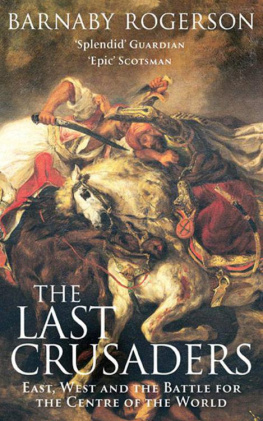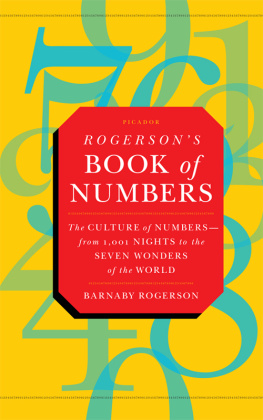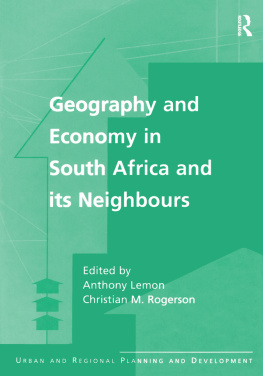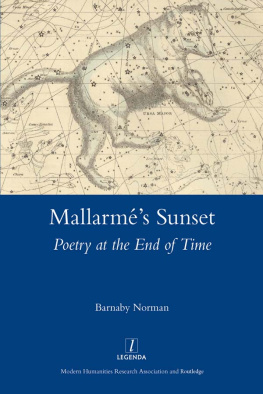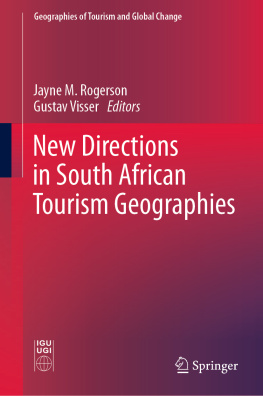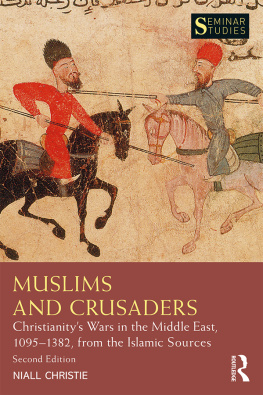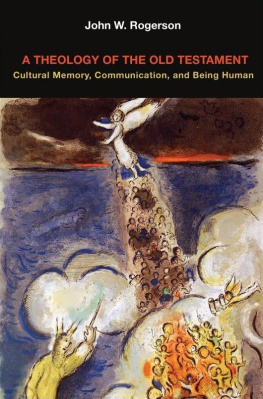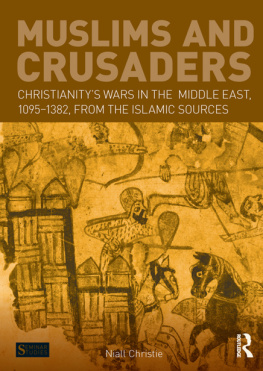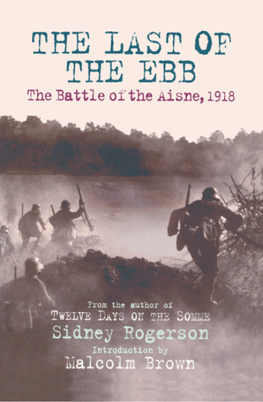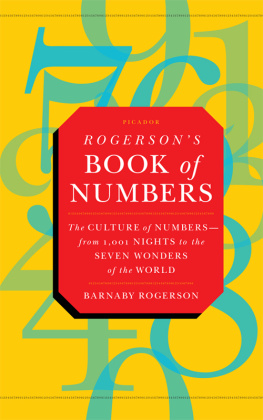Barnaby Rogerson - The Last Crusaders: East, West and the Battle for the Centre of the World
Here you can read online Barnaby Rogerson - The Last Crusaders: East, West and the Battle for the Centre of the World full text of the book (entire story) in english for free. Download pdf and epub, get meaning, cover and reviews about this ebook. genre: Romance novel. Description of the work, (preface) as well as reviews are available. Best literature library LitArk.com created for fans of good reading and offers a wide selection of genres:
Romance novel
Science fiction
Adventure
Detective
Science
History
Home and family
Prose
Art
Politics
Computer
Non-fiction
Religion
Business
Children
Humor
Choose a favorite category and find really read worthwhile books. Enjoy immersion in the world of imagination, feel the emotions of the characters or learn something new for yourself, make an fascinating discovery.
- Book:The Last Crusaders: East, West and the Battle for the Centre of the World
- Author:
- Genre:
- Rating:4 / 5
- Favourites:Add to favourites
- Your mark:
- 80
- 1
- 2
- 3
- 4
- 5
The Last Crusaders: East, West and the Battle for the Centre of the World: summary, description and annotation
We offer to read an annotation, description, summary or preface (depends on what the author of the book "The Last Crusaders: East, West and the Battle for the Centre of the World" wrote himself). If you haven't found the necessary information about the book — write in the comments, we will try to find it.
The Last Crusaders: East, West and the Battle for the Centre of the World — read online for free the complete book (whole text) full work
Below is the text of the book, divided by pages. System saving the place of the last page read, allows you to conveniently read the book "The Last Crusaders: East, West and the Battle for the Centre of the World" online for free, without having to search again every time where you left off. Put a bookmark, and you can go to the page where you finished reading at any time.
Font size:
Interval:
Bookmark:
Barnaby Rogerson was conceived on a yacht and born in Dunfermline. He has written A History of North Africa, The Prophet Mohammed: A Biography (Little, Brown, 2003) and The Heirs of the Prophet Mohammed: And the Roots of the Sunni-Shia Schism (Little, Brown, 2006). He has also written half a dozen guidebooks and edited collections of travel writing such as Meeting with Remarkable Muslims, Desert Air and Marrakech, The Red City. His day job is at Eland (www.travelbooks.co.uk) which is home to over a hundred classics of travel literature.
MOROCCO
A TRAVELLERS HISTORY OF NORTH AFRICA
CYPRUS
TUNISIA (with Rose Baring)
DESERT AIR: A COLLECTION OF THE POETRY OF PLACE OF ARABIA, DESERTS AND THE ORIENT OF THE IMAGINATION (with Alexander Munro, eds.)
LONDON: A COLLECTION OF POETRY OF PLACE (ed.)
MARRAKECH, THE RED CITY: THE CITY THROUGH WRITERS EYES (with Stephen Lavington, eds.)
THE PROPHET MUHAMMAD: A BIOGRAPHY
MEETINGS WITH REMARKABLE MUSLIMS (with Rose Baring, eds.)
THE HEIRS OF THE PROPHET MUHAMMAD: AND THE ROOTS OF THE SUNNISHIA SCHISM
Published by Hachette Digital
ISBN: 978-0-748-12468-8
All characters and events in this publication, other than those clearly in the public domain, are fictitious and any resemblance to real persons, living or dead, is purely coincidental.
Copyright Barnaby Rogerson 2009
All rights reserved. No part of this publication may be reproduced, stored in a retrieval system, or transmitted, in any form or by any means, without the prior permission in writing of the publisher.
Hachette Digital
Little, Brown Book Group
100 Victoria Embankment
London, EC4Y 0DY
www.hachette.co.uk
For Dido, David and Shamos
Who shared the many landscapes of my childhood
but now have found their own
1 THE CRUSADER PRINCE OF PORTUGAL
Henry the Navigator, 141560
2 THE NAVIGATORS NEPHEW
King Afonso the African, 145581, and King John II, 148195
3 THE GREAT EAGLE
Mehmet the Conqueror of Constantinople, 145080
4 RECONQUISTA
The Crusade of Ferdinand of Aragon and Isabella of Castile against Muslim Granada, 14801510
5 BARBAROSSA
The Emergence of the Muslim Corsairs, 14801510
6 THE JUST AND THE GRIM
The Transformation of the Ottoman Empire under Sultans Bayezid II and Selim I, 14801520
7 CONQUEST OF COMMERCE
King Manuel, Hammer of Morocco, Lord of Guinea and of the Conquest of the Navigation and Commerce of Ethiopia, Arabia, Persia and India, 14991515
8 SHARIFS, SHEIKHS, SUFIS, SULTANS AND SMUGGLERS
The Moroccan Struggle against the Portuguese Crusade, 151550
9 THE RIVALS
The Division of Christendom between Charles V and Francis I
10 THE OTTOMAN GOLDEN AGE
Suleyman the Magnificent and the Five Victories: Belgrade, Rhodes, Mohacs, Tabriz and Baghdad, 152036
11 CORSAIR KINGDOMS
The Barbarossa Brothers, Uruj and Khizr, and Condottiere Andrea Doria, 151234
12 EMPERORS AND SULTANS
Conquests, Crusades and Family Killings
13 SKULL ISLANDS
The Battle of Djerba and the Siege of Malta, 156070
14 A BEARD FOR AN ARM
The Conquest of Cyprus and the Holy Leagues Victory of Lepanto, 15704
15 THE LAST CRUSADE
The Battle of the Three Kings
I am British. A native islander who remains enraptured by the rocky shores and sandy beaches of my homeland, perched on the far edge of Europe, washed by storms, tides and surf incubated in the vast Atlantic Ocean. I am so much the native that I am genuinely thrilled by the idea of an outdoor picnic in virtually any season, especially if it involves a sturdy walk past some ancient stone circle or brooding hill-fort, ideally finished off by a bracing dip in any of our freezing seas.
But I am also a child of the Mediterranean, for my family was part of that diaspora of Britannia whose memories of home are as often centred around a military base in some far-distant land as around any village in Britain. Gibraltar, Malta, Cyprus, Suez, Aden, Trincomalee, Singapore and Hong Kong appear as often in the backdrop of a family photograph, or as place of birth in a passport, as anywhere within the British Isles. Generation after generation of the families that I am descended from, be they Scottish Covenanters from the Highlands, Catholic Irish, East Anglian Anglicans or Anglo-Irish, have sent their young men abroad. Not a few of them returned home broken by the experience, one or two came back enriched, but most of them only succeeding in filling some foreign field with their bones.
My first memories are as a water-baby, clutching on to my mothers back as we swam our way through what seemed like an endless summer of early childhood in the warm waters of the Mediterranean. The smell of jasmine and orange blossom, the sound of monastery bells, the scent of wild thyme and rosemary, the odour of hot sun on bare rocks and the whiff of carved limestone long sodden with the salt sea, still bring back those first memories. As a boy I grew up watching ancient harbours and exploring ruined fortresses, as well as looking out for the ship that contained my father as the fleet swept in to fill the harbour of Malta or Gibraltar with their disciplined menace. The neat lines of sailors in their white summer uniforms cut an intriguing contrast with the grey guns and the lines of jets marshalled on the flight decks of aircraft carriers.
My father told me stories about such fearsome corsair captains as Dragut and Barbarossa before I could read, for we swam in the waters and picnicked in the coves that they had once used. He was also, like his naval father before him, a convinced partisan of Portugal and her neglected history. The two of them would chatter away about their affection for Englands oldest ally, approvingly quoting the deeds of the more bloodthirsty of the Portuguese admirals as role models for any naval power. My father was also a Roman Catholic (something of a rarity in the Royal Navy in his day) and liked to remind his Protestant shipmates of the naval deeds of Catholic Christendom: how Don John led the combined fleets of Catholic Christendom into the great naval victory of Lepanto while the Protestants of England, France and Holland skulked around the mudbanks of the North Sea. He was fond of quoting from the verse of fellow British Roman Catholics such as Chesterton, whose poem Lepanto never fails to evoke in me a thrill tinctured with tragedy, despite its many glaring inaccuracies and prejudices. For this was the last time that medieval Christendom was united under one flag, one military commander, one spiritual leader and one language. The silken war banner of the commander of the Holy League of Christendom was handed over to the son of a Holy Roman Emperor by a saintly pope who blessed him in Latin. As Chesterton imagines it, and as he dragged me as a child in his imaginative wake, here is Lepanto:
White founts falling in the courts of the sun,
And the Soldan of Byzantium is smiling as they run;
There is laughter like the fountains in that face of all men feared,
It stirs the forest darkness, the darkness of his beard,
It curls the blood-red crescent, the crescent of his lips,
For the inmost sea of all the earth is shaken with his ships.
They have dared the white republics up the capes of Italy,
They have dashed the Adriatic round the Lion of the Sea,
And the Pope has cast his arms abroad for agony and loss,
And called the kings of Christendom for swords about the Cross,
The cold queen of England is looking in the glass:
The shadow of the Valois is yawning at the Mass:
Font size:
Interval:
Bookmark:
Similar books «The Last Crusaders: East, West and the Battle for the Centre of the World»
Look at similar books to The Last Crusaders: East, West and the Battle for the Centre of the World. We have selected literature similar in name and meaning in the hope of providing readers with more options to find new, interesting, not yet read works.
Discussion, reviews of the book The Last Crusaders: East, West and the Battle for the Centre of the World and just readers' own opinions. Leave your comments, write what you think about the work, its meaning or the main characters. Specify what exactly you liked and what you didn't like, and why you think so.

